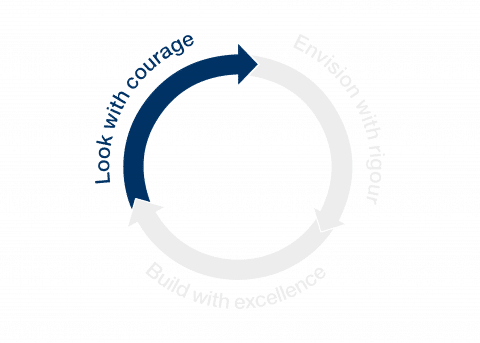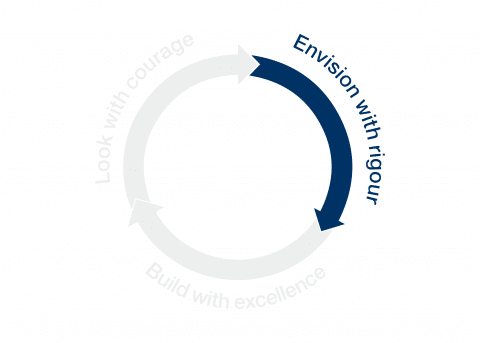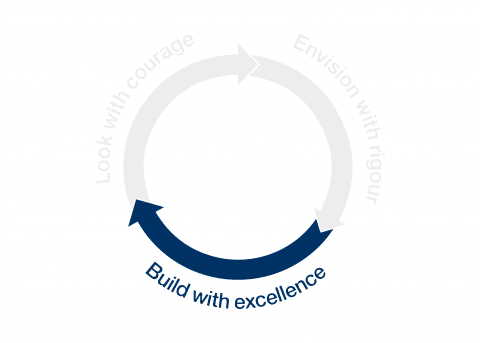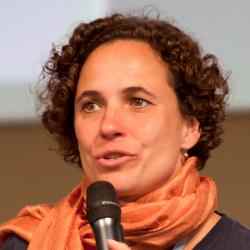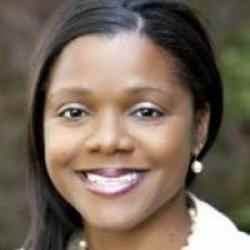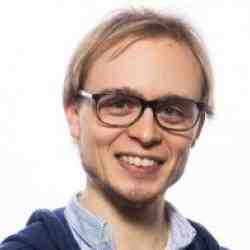Influence for Good
How Highly Resourced Individuals can Support Systems Change
This report is for every Highly Resourced Individual (HRI)* who wants to help build a better future. We need powerful forces of change to address the compounding crises that strain our societies today. In this publication, carried out in collaboration with Ashoka, Generation Pledge, Echoing Green, Catalyst 2030 and McKinsey & Company, we look at how to strengthen personal capabilities for systemic change – the latest in our series aiming to equip stakeholders with tailored guidance.
*Highly Resourced Individuals are those with considerable wealth and a general ability to influence social, business, and political circles, typically entrepreneurs, founders or CEO’s of companies.
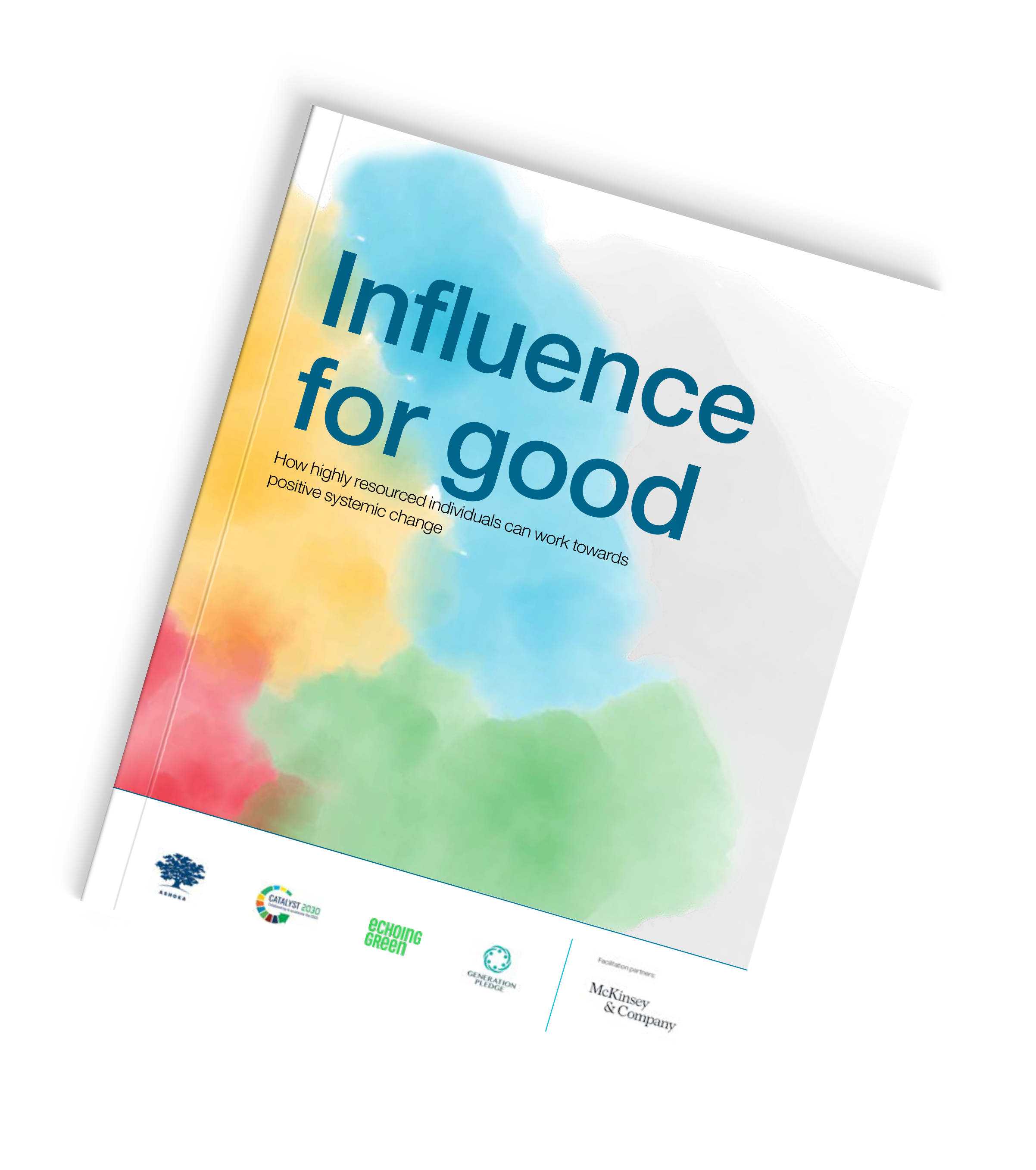

What Questions Highly Resourced Individuals Should Ask Themselves
All those who decide to invest time and significant resources to address a social challenge want to make sure that their impact is maximized.
Highly resourced individuals who are engaging systemically for social change are on a learning journey. For this, they should iterate on the questions showed in the image, endorsed by practitioners and leading, interdisciplinary scholars in the field.
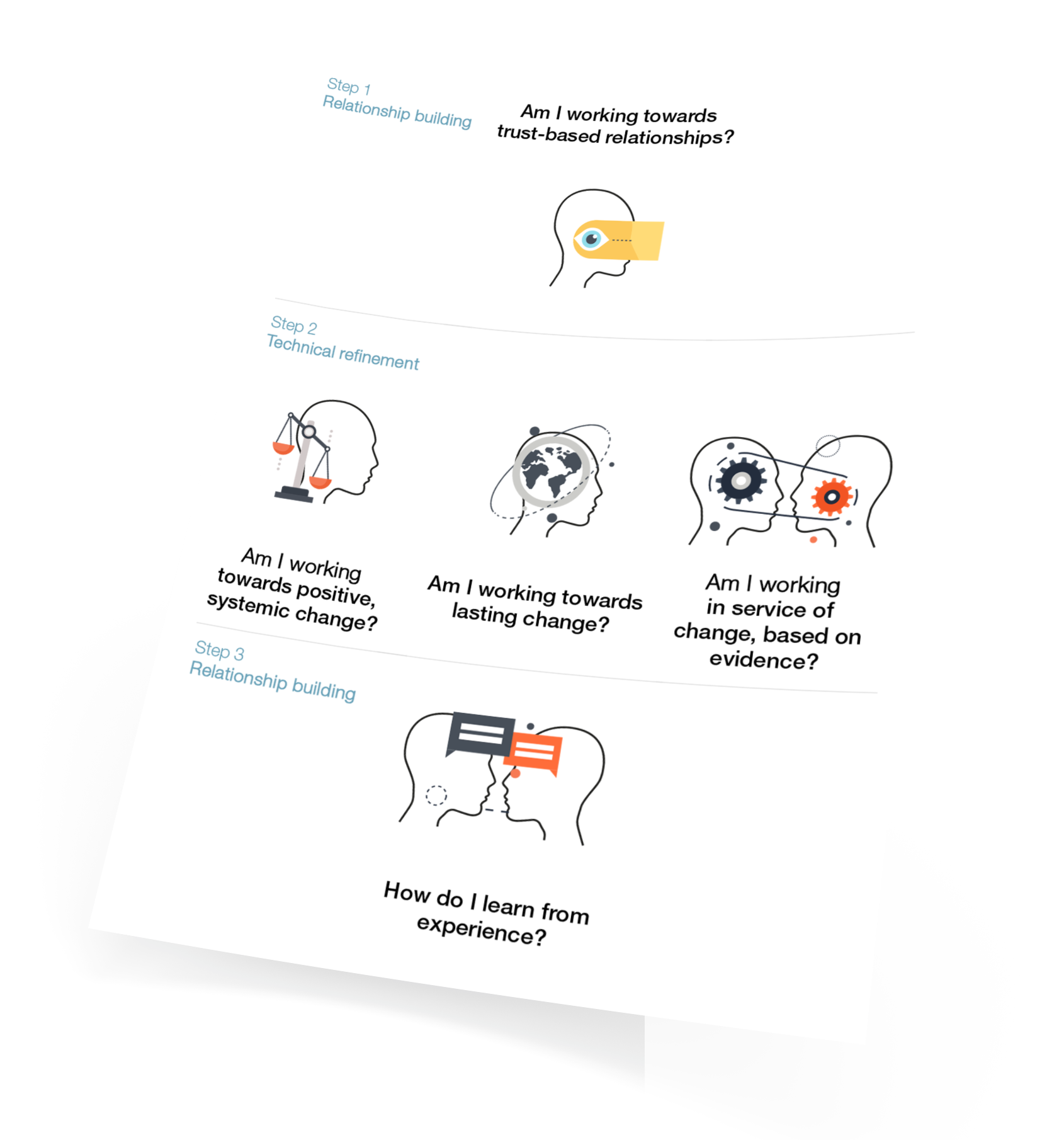
Ashoka Staff Contacts
Please contact us at [email protected]
Diana Wells
President Emerita; Leadership and Impact Co-lead
Diana Wells
President Emerita; Leadership and Impact Co-lead
Diana joined the organization after graduating from Brown University in 1988 with a degree in South Asian Studies. As an undergraduate, her year-long study abroad in Varanasi, India led her to see the need for local solutions to solve global problems. This insight inspired her to pursue an internship at Ashoka, where she created one of its core programs, Fellowship Support Services, (now Fellowship) which expanded the resources available to Ashoka’s social entrepreneurs to connect them to one another. When Diana took a leave to pursue a Ph.D. in anthropology from New York University (2000), she was named both a Fulbright and Woodrow Wilson scholar. Her ethnographic research on understanding how social change happens as a local articulation of a global social movement resulted in her dissertation: 'Between the Difference: The Emergence of a Cross Ethnic Women’s Movement in Trinidad and Tobago.'
Ph.D. in hand, Diana returned to Ashoka as a leader in the worldwide process of selecting social entrepreneurs to be Ashoka fellows. Additionally, she was given responsibility for Ashoka’s geographic expansion and during her tenure, there was a significant increase of Fellow elections, allowing Ashoka to reach its current total of 3,000. She became the President of Ashoka in 2005. She has contributed significantly to the field of social entrepreneurship by implementing one of the first, and now widely respected, tools to measure the impact of social entrepreneurship.
She is on the Advisory Board for the Center for the Advancement of Social Entrepreneurship (CASE) at Duke’s Fuqua School of Business and on the Board of GuideStar International. She has taught at Georgetown University on Anthropology and Development and has authored and edited numerous journal and book publications, including two compilations on social movements in the United States.
In 2007, Diana was celebrated as one of 10 winners of the first annual Women to Watch award, by Running Start. She also received the first Social Innovation Champion Award at George Mason University’s Accelerating Social Entrepreneurship (ASE) conference in 2011. Since then, in 2012, her alma mater, Brown University, honored her with its highest distinction for graduates, the Williams Rogers Award, in recognition of exemplifying Brown’s mission to prepare alumni for lives of "usefulness and reputation."
Njideka Harry
Leadership Group Member, Strategic Entrepreneurship Relationships
Njideka Françoise Harry is working with leading entrepreneurs who have made a big, positive impact in their industry and who want to make an equally transformative impact on society. An experienced entrepreneur-for-good and philanthropy advisor, Njideka is a Leadership Group Member and Vice President, Strategic Entrepreneurship Relationships, where she oversees "Entrepreneur-to-Entrepreneur," an exclusive network of high-impact entrepreneurs who partner with Ashoka's most powerful social entrepreneurs to change the way people harness their social, political, financial and intellectual capital to create lasting systemic change.
A serial social entrepreneur and an Ashoka Fellow, Njideka started her first social business, a neighborhood bakery, at the age of 12. She experienced first-hand how such enterprises sit at the inflection point of market and social norms – as a transactional business requiring an understanding of non-market values that regulated operational behavior. Most Ashoka Fellows have their first changemaking experience in their early teens. Those who signaled that they started something noteworthy in their teens are four times more likely to be entrepreneurs.
At 25, Njideka founded Youth for Technology Foundation (YTF), an education technology citizen sector organization. YTF leverages appropriate technology for education and entrepreneurship, replacing economic disparity with economic opportunity. Since founding YTF, Njideka has built several award-winning initiatives that leverage technology for good, while bridging digital and gender inequities.
A Fellow at the World Economic Forum, Njideka serves on the Civil Society and Future of Work committee. She has served on the Kellogg Advisory Council and is currently in the Pete Henderson Society of Northwestern University. She is an advisory board member of the Alliance for Affordable Internet, an expert contributor for the prosperity index at the Legatum Institute in the UK and is on the Global Advisory Council of TWIN Tech. Prior to working in social impact and philanthropy, Njideka began her corporate career at GE Capital and Microsoft traveling and working out of offices in Europe, Africa, and North America.
Njideka earned her Bachelor of Business Administration from the University of Massachusetts, Amherst, and a Master of Business Administration from Northwestern University Kellogg School of Management. She completed post-graduate studies at Stanford University, where she was a Reuters Digital Vision Fellow.
Odin Mühlenbein
Ashoka Globalizer & Systemische Wirkung (Standort: Hamburg)
Odin Mühlenbein arbeitet für das internationale Ashoka Globalizer-Programm, das fortgeschrittenen Sozialunternehmern dabei hilft, Strategien für systemische Veränderung zu entwickeln.
Vor Ashoka hat Odin bei McKinsey & Company gearbeitet und zwei Sozialunternehmen mitgegründet. Studiert hat er Philosophie, Logik und Politische Wissenschaften in München, Oxford und Cambridge.
